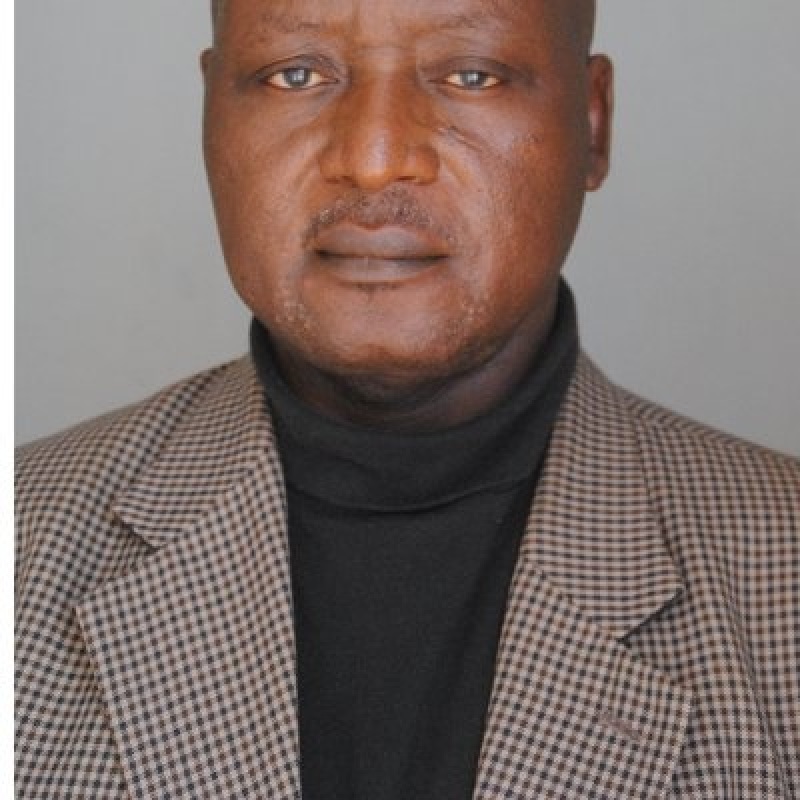
Reporting about the persecution of Christians in Southern Kaduna led to the arrest and imprisonment of Christian journalist Luka Binniyat.
Luka Binniyat, a Christian journalist and spokesperson for the Southern Kaduna Peoples Union (SOKAPU), was jailed according to a report from the International Christian Concern (ICC) on Nov. 15.
Following the slaughter of 38 Christians by Fulani terrorists, Binniyat claims the Kaduna State Commissioner for Internal Security and Home Affairs, Samuel Aruwan, ordered his arrest.
Binniyat spoke to an ICC contact through WhatsApp about his situation. According to him, he was taken to Barnawa Chief Magistrate Court in Kaduna and "clamped me in a tiny, dinghy, crammed jail with some hardened-looking criminals."
"I was smuggled here from the police detention facility in Gabasawa after four days without trial. [I was held in] dehumanizing conditions. I am yet to be taken before a judge. I fear that my life is in danger. I just managed to get this phone," he said.
Another Kaduna-based journalist, Steven Kefas, was sentenced in 2019 for statements he made regarding a local leader in Kajuru Local Government Area of Kaduna. He spoke out on Binniyat's behalf and gave a quick outline of Kaduna State's perilous position. A "mighty voice" in SOKAPU is silenced by locking Binniyat up, Kefas said."His selflessness will be missed. A huge vacuum has been created. Who knows-that may even be the real intention of his jailers.
According to a related Christian Post report, Binniyat, a Nigerian Roman Catholic writer and father who writes for the anti-communist news media The Epoch Times, was jailed last week for his reporting on assaults on Christian communities in Nigeria.
"On Tuesday, Binniyat was arraigned at the Barnawa Magistrate's Court in Kaduna state," the news outlet stated. "He was charged with cyberstalking, a charge that critics say is often used in the African country to silence the media."
The Epoch Times Africa Desk Editor Doug Burton was also interviewed by the Christian Post, and he expounded on the situation.
Burton believes that Binniyat's article dated Oct. 29 and titled, "In Nigeria, Police Decry Massacres as 'Wicked' But Make No Arrests," contributed to his arrest. Binniyat recounted in the piece the continued massacre of Christian farmers in Nigeria by Fulani extremists.
He also cited a Nigerian lawmaker who said that the Kaduna government is "using Samuel Aruwan, a Christian, to cause confusion to cover up the genocide going on in Christian Southern Kaduna by describing the measure as a 'clash'" rather than a planned act of violence against Christians.
But according to Burton's interpretation, what Binniyat accomplished there was prove that the commissioner was presenting a misleading narrative.
"For this reason, I think the authorities, though they knew they would get pushback for prosecuting a dissident journalist, they decided they had to do it because ... they want to shut his voice down," he said.
Burton added that Binniyat was charged with cyberstalking Aruwan, a federal violation that precludes him from receiving bail and so putting him in jail.
The ICC has also recently issued a report on how state governments in Nigeria aggravate persecution. The twelve central and northern states that promote or permit the application of Sharia law and the use of Sharia courts to enforce Islamic religious precepts are of special concern. Kaduna State is one of the Sharia-compliant states.
Furthermore, Governor Nasir El-Rufai of Kaduna, who recently imposed restrictions on religious expression by resurrecting the defunct Interfaith Preaching Regulatory Council from the military's tenure, is named in the report as a source of concern.


























